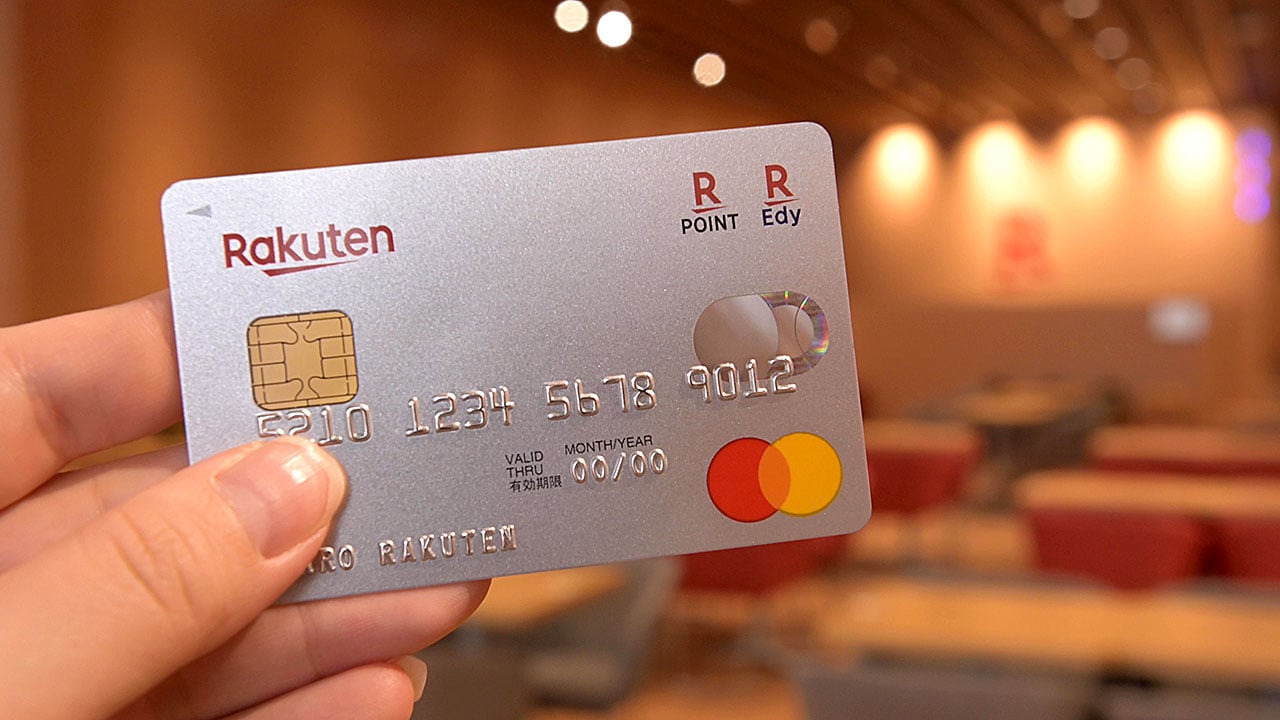
Having spent 4 years navigating life as a foreigner in Japan, I’ve come to appreciate a wealth of insights that could have significantly eased my initial transition into this captivating country. Looking back, I realize that had I possessed these practical tips from the outset, my journey would have been smoother and more enriched right from the start. Whether you’re a newcomer or have been here for a while, these insights can make a world of difference in enhancing your daily life.
1. Dealing With The Seasons
It’s become a bit of a meme that Japanese people always go on about how Japan has 4 seasons. Most countries do! However, and I can’t speak for every country, but the swing in seasons certainly feels more drastic here than it ever has in England. It feels like just as I’m used to the oppressive 40°C and 100% humidity of summer, autumn and winter come rolling in, and I’m soon freezing my ass off, shivering under my こたつ (heated table) at every opportunity.

So here is my first piece of advice, prepare for the changing of seasons by getting yourself a wardrobe of both HEATTECH and AIRism from UNIQLO. They’re a unique range of clothes that are designed to help you stay hot in winter and cool in winter. I can genuinely say that they work! I generally use the undergarments for when I go to work, but if you go to a store, you’ll find these patented materials in shirts, trousers, and boxers, and during COVID there were even masks in these materials. Trust a Japanese company to know how to deal with Japanese weather! These magical garments are pretty cheap at about 1000 yen for a shirt or pair of boxers.
2. Learn ずつ When Ordering
This is a bit of a random one. I went to a sushi restaurant one day with my mate and stumbled through ordering a huge selection of 握. It was totally frustrating ordering 2 of some plates and 1 of others. I didn’t know how to do it any better than saying “___ を二つ wo futatsu, ___を一つ wo hitotsu” (2 of this, 1 of this).
That’s when my friend taught me the magical ずつ grammar point. It essentially means “apiece” or “at a time”. When ordering, you can say everything you’d like a certain number of, and then stick on the counter and ずつ at the end, and you’ll have elegantly articulated you want “___ amount of ___, ___, ___, and ___”. In a country where eating communally is so popular, this has proved absolutely clutch in my time here.
3. Use A Better Translation App Than Google Translate
I’m always shocked that some people who live in Japan still use Google Translate despite its famously poor output. Japanese is a language with intense amounts of nuance and honorific fluff that Google Translate simply isn’t up to the task. Do yourself a favour and start using something better. I recommend DeepL.
It’s also not without fault, but it does a much better job of getting the honorific level of speaking correct and is half-decent at slang. I’ve found that when I show Japanese people the output from DeepL they’re generally impressed, but with Google Translate they just frown. Any machine translation needs to be vetted by a human, but if you’re in a pinch DeepL is what you need.
As for translating individual words and phrases, I think imiwa? is great. It gives decent meanings for slang and abstract words in a far more accurate way than other apps I’ve tried.
4. Learn To Shut Up
I can’t speak for every single foreigner, but most of us are generally a bit louder than most Japanese people. The way conversation flows in English is generally a little more overlapping than in Japanese, for example. We’re also louder on public transport, in bars, and in restaurants. Over my 4 years here, I’ve grown to appreciate silence, and have built better relationships as I’ve learned to shut up a bit. I find that some Japanese people enjoy the raucous of 外国人 but many get a bit intimidated.
If you are a bit more quiet than usual, you’ll probably find most of your Japanese friends will be a bit more confident in conversation with you. In a world where people don’t want to butt into conversation, you need to provide them the platform. Not only in conversation, but you’ll fit in a lot more if you’re quieter in public places. Learn to zip it a bit and you’ll have a better time living here, I can assure you. I find it a bit of a superpower now that I can be happy in silence, whereas most of my British mates need to fill every silence.
5. Get Yourself A Rakuten Credit Card

This piece of advice might differ between people, but I wish I’d done this earlier in my time here. Japan is still largely a cash-dependent society, but more and more places allow you to tap with a card. The Rakuten credit card gives you both a sign-up bonus as well as about 1% back in points at the end of the month that you can spend in loads of places. I love getting a surprise 1000 yen now and then for using something that makes my life easier. Most other countries have almost abandoned cash, so this will certainly make living in Japan more like home. Not only that, but you can get a card that uses Visa or Mastercard rather than JCB, which are widely used on an international scale.
It was a bit hard to sign up for as my name is in alphabet on some of my ID and katakana on my bank account, but if you send in a handwritten application, you should be able to avoid any issues (if you apply online, you’ll get rejected if your names differ on ID and bank account).
There you have it. 5 tips I’ve learned over the last 4 years that I wish someone had told me about earlier!













